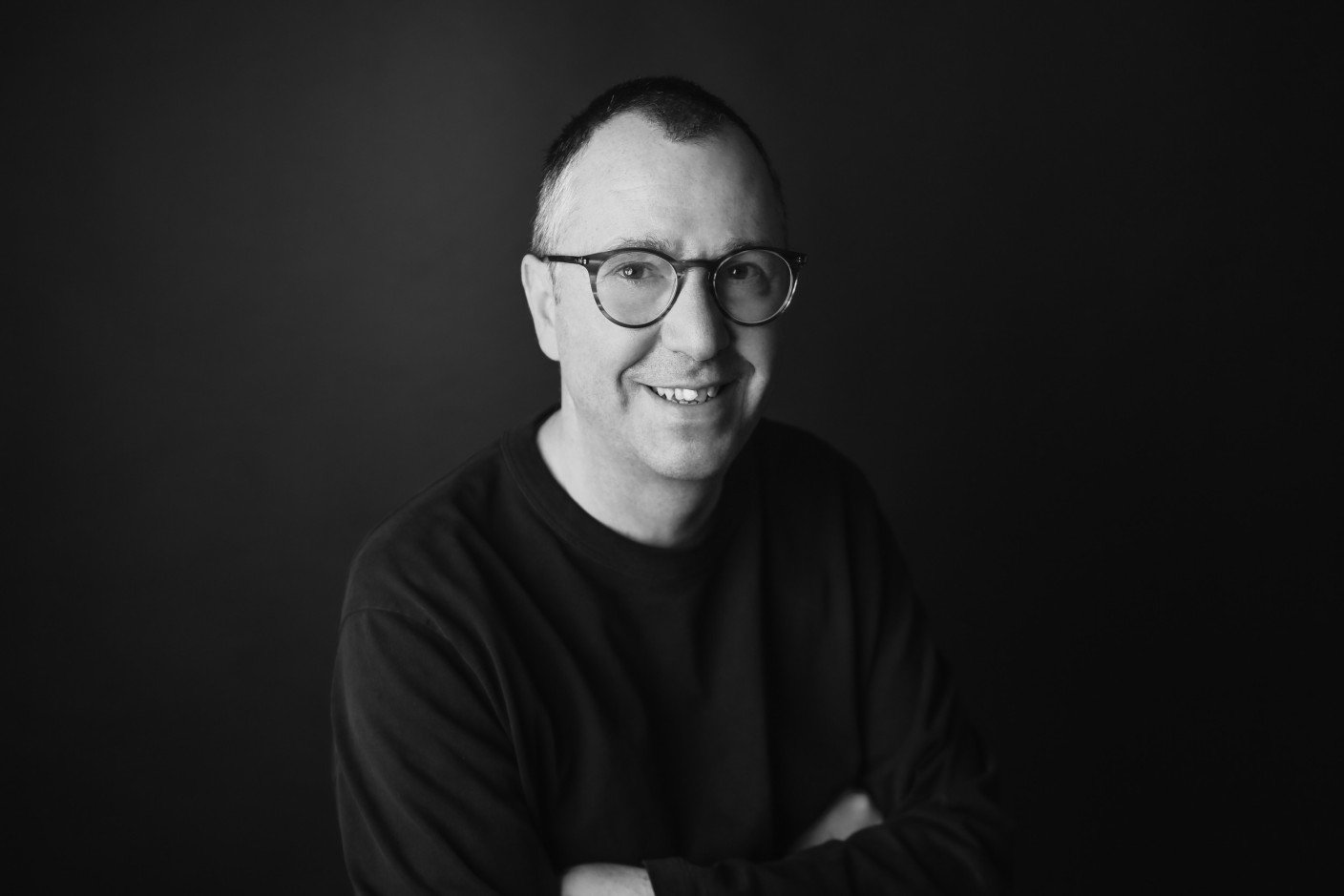
How did you become a painter?
I have always drawn and painted as a child and I then got the opportunity to study painting in TU Dublin. I have worked in other media such as printmaking and film, but I have always been drawn back to painting.
What are your favourite subjects to paint?
At the moment I am really interested in technology and how it affects our daily lives. I am also interested in painting traditional genres, specifically the portraiture, still life, the interior and history painting and how they can be used as a lens to look at the current digital age.
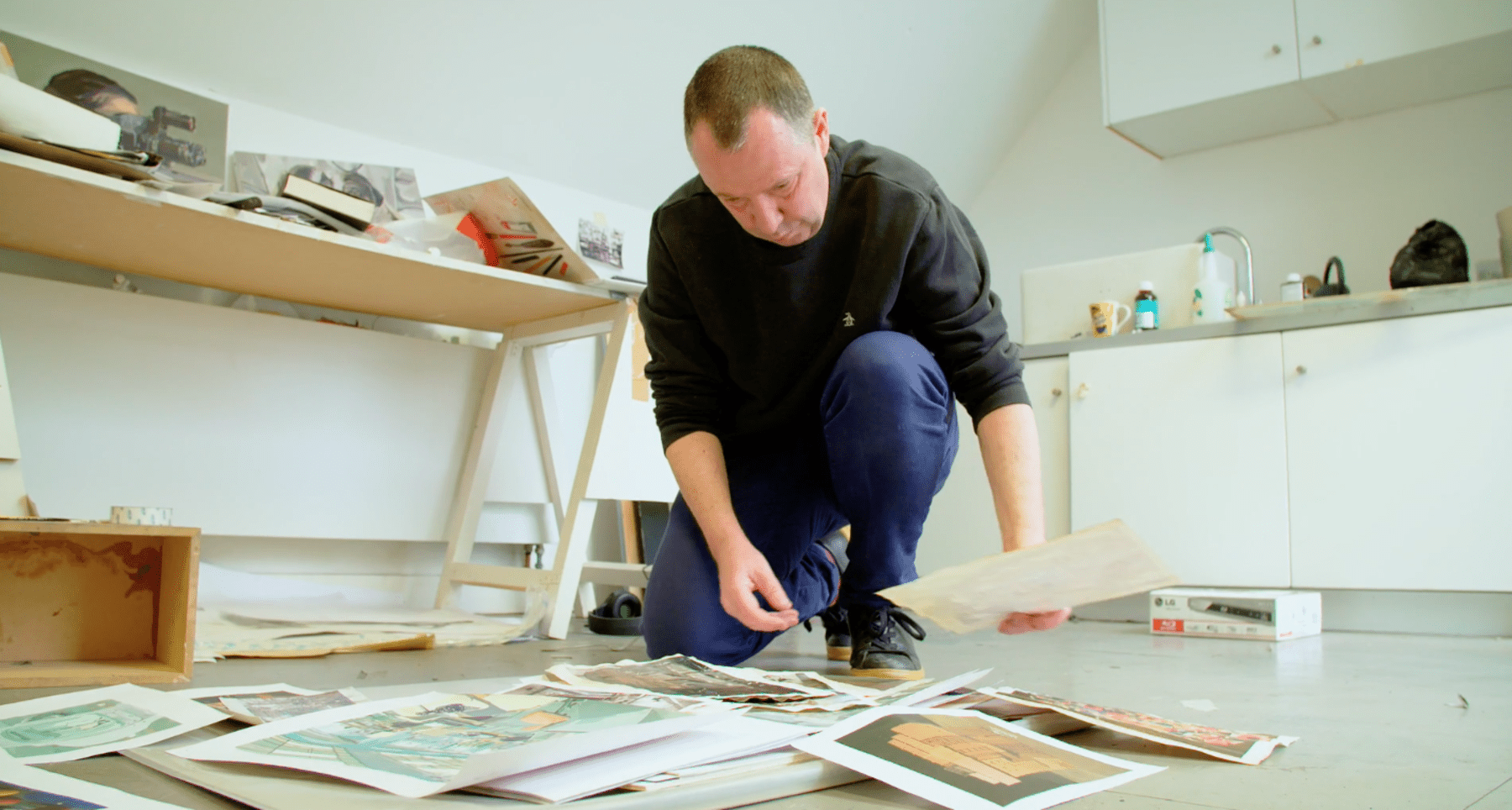
What kind of films do you like to make and how does it differ from painting?
The films I made were slow and meditative, like how we may experience looking at a painting. I was interested in using the film camera to look a familiar space. I also liked showing my films in non-gallery spaces.
Why are life drawings classes important for artists to attend?
Life drawing is like gymnasium for training your eye to see and observe. The human form is one of the most complicated things to draw. I feel if you can learn to draw the human figure, know its anatomy, then you can learn to observe and draw anything.
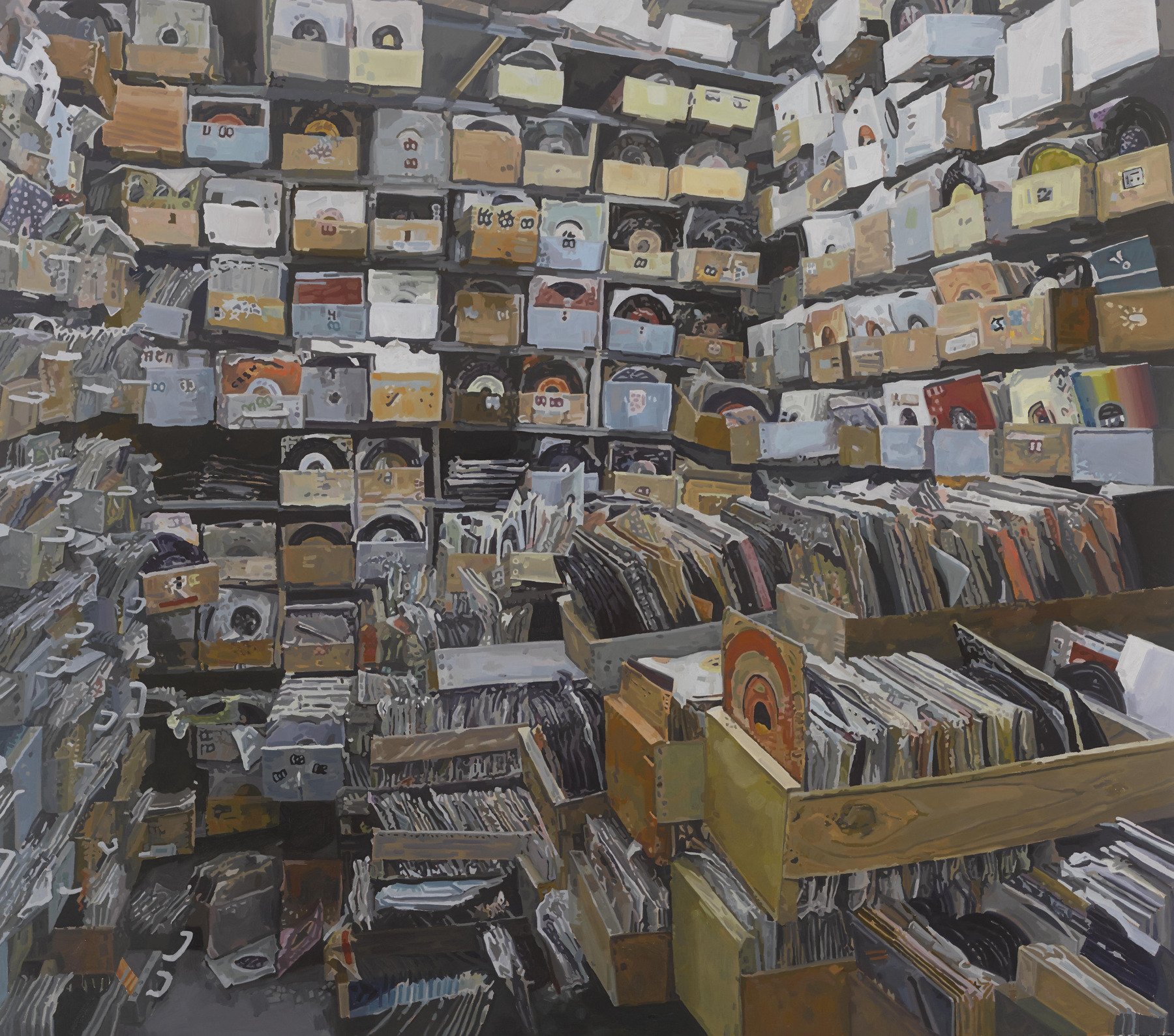
Tell us more about the history of RHA and why people should come visit?
The RHA is the oldest visual arts organisation in the country and this year celebrates its 200th year so it has proven sustainability and hardiness. The RHA was established to create a connection between artists and the public to exhibit their work, plus a space for artists to share knowledge and experience with one another. When you visit, you will always experience a broad range of leading work being made by different artists today.
Why is the RHA such an inspiring place?
The RHA is an inclusive welcoming environment where art meets a public. It is somewhere that has long history and tradition, but it remains current and dynamic. We have many strands including its exhibition programme and school programme. The RHA is somewhere I always visited regularly, long before I became involved there as a teacher and found the exhibitions stimulating, challenging and meaningful.
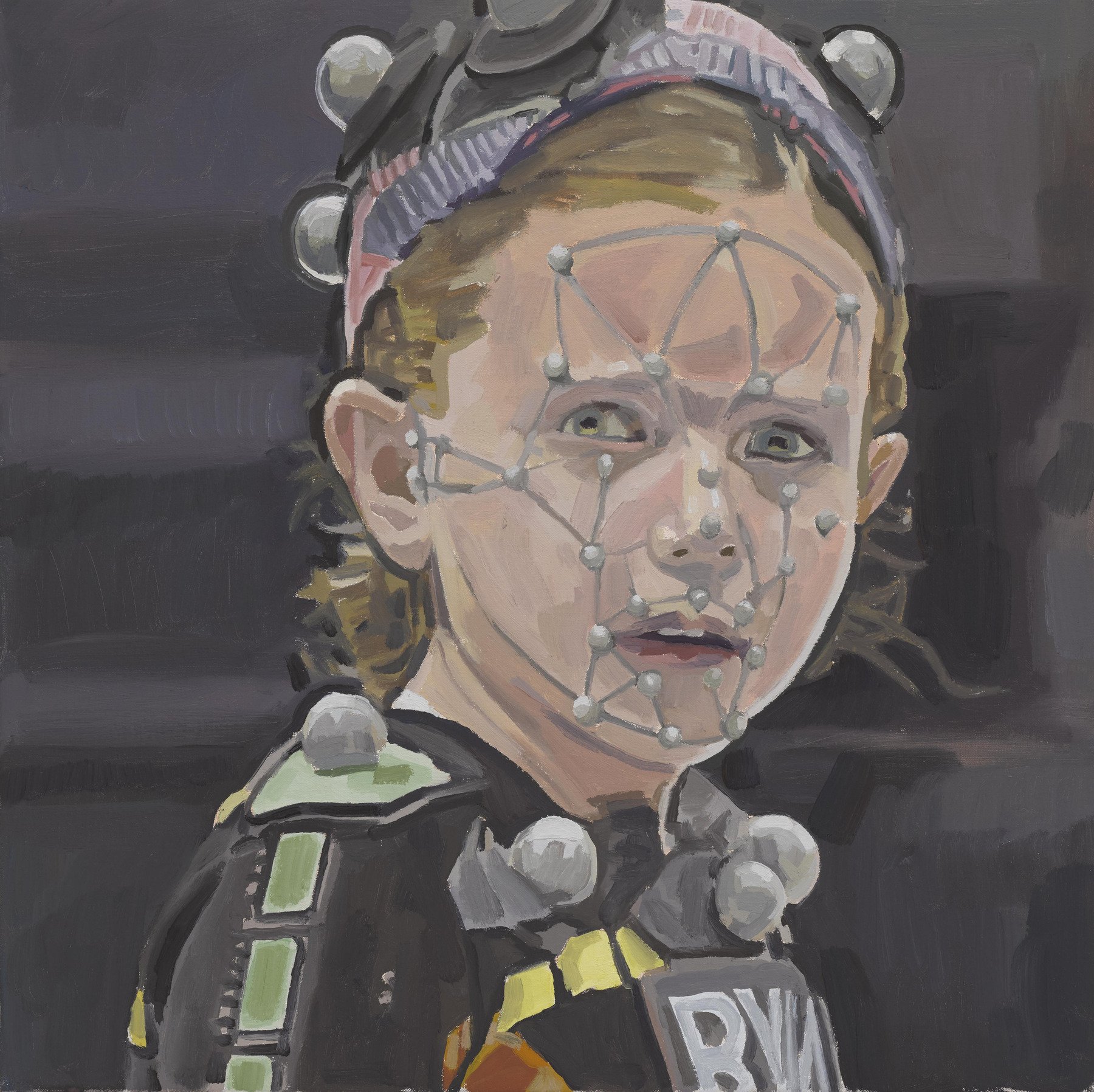
Tell us about the work you make / your practice / describe what you do?
I make paintings, prints and films and I am interested in technology and the role it plays in our lives and society.
When did you realise art was something you wanted to pursue?
Art was something I was always drawn to as child. I loved art classes and all culture I was exposed to. I started to think more seriously about it in secondary school, where we had an inspiring and dedicated art teacher, plus many of my friends were really interested in art. I then went to art college and on to pursue a career as an artist and an art teacher.
Do you think people are 'born' artists, or is it something they have to discover?
I think it can be both. I certainly feel as if my role in the RHA and as an artist is something I was always suited to doing. That said I think most people have a creative side and it is something you can work at to unlock your creative potential.

The theme of this year's TIA! competition is "This Is Inspiration". What does 'inspiration' mean to you? Is there a light bulb moment?
There are light bulb moments, but you have to work hard to receive them!
An artist needs a sustained process, trying new things out constantly, and engaging with the achievements of other artists are all ways of receiving inspiration.
Collecting sources, plus being naturally curious and open are important in receiving ideas. Sometimes the best ideas and directions come when I am out walking my dog, listening to music, and thinking about other things.
Where do you get your inspiration from?
I get inspiration from researching the subject matter I am interested in, or talking with other artists, visiting exhibitions, making work, reading and collecting.
Sometimes it is important to be away from art and change your scene, so ideas can come then.
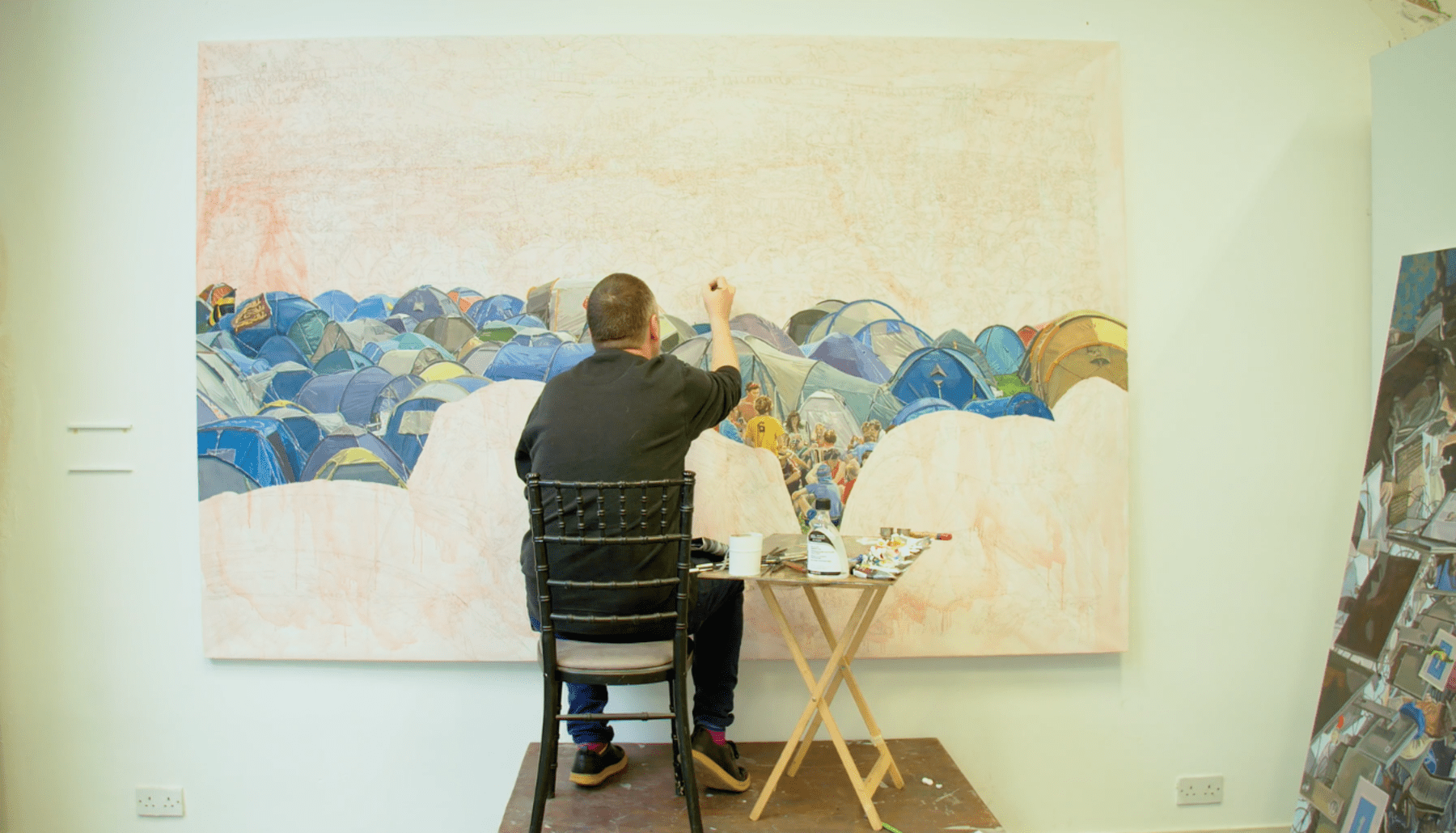
What other artists inspire you?
Growing up, I loved the painters Velasquez and Goya. I see a lot of art in my role in the RHA but some recent exhibitions I felt really inspired by were Patrick Graham at the Hugh Lane Gallery, Mark Swords at the RHA and Bassam Al Sabbah at the Douglas Hyde Gallery.
I think they all share a love of materials and are creatively ambitious but not afraid to push themselves or the audience into a thoughtful encounter with their art.
What’s it like teaching the next generation of artists?
Teaching is huge privilege and working with students and artists at a formative stage is important. It is important to balance nurture and critique and always be generous with sharing your knowledge and support students growth and evolution. There is huge job satisfaction when you see artists grow and creatively thrive.
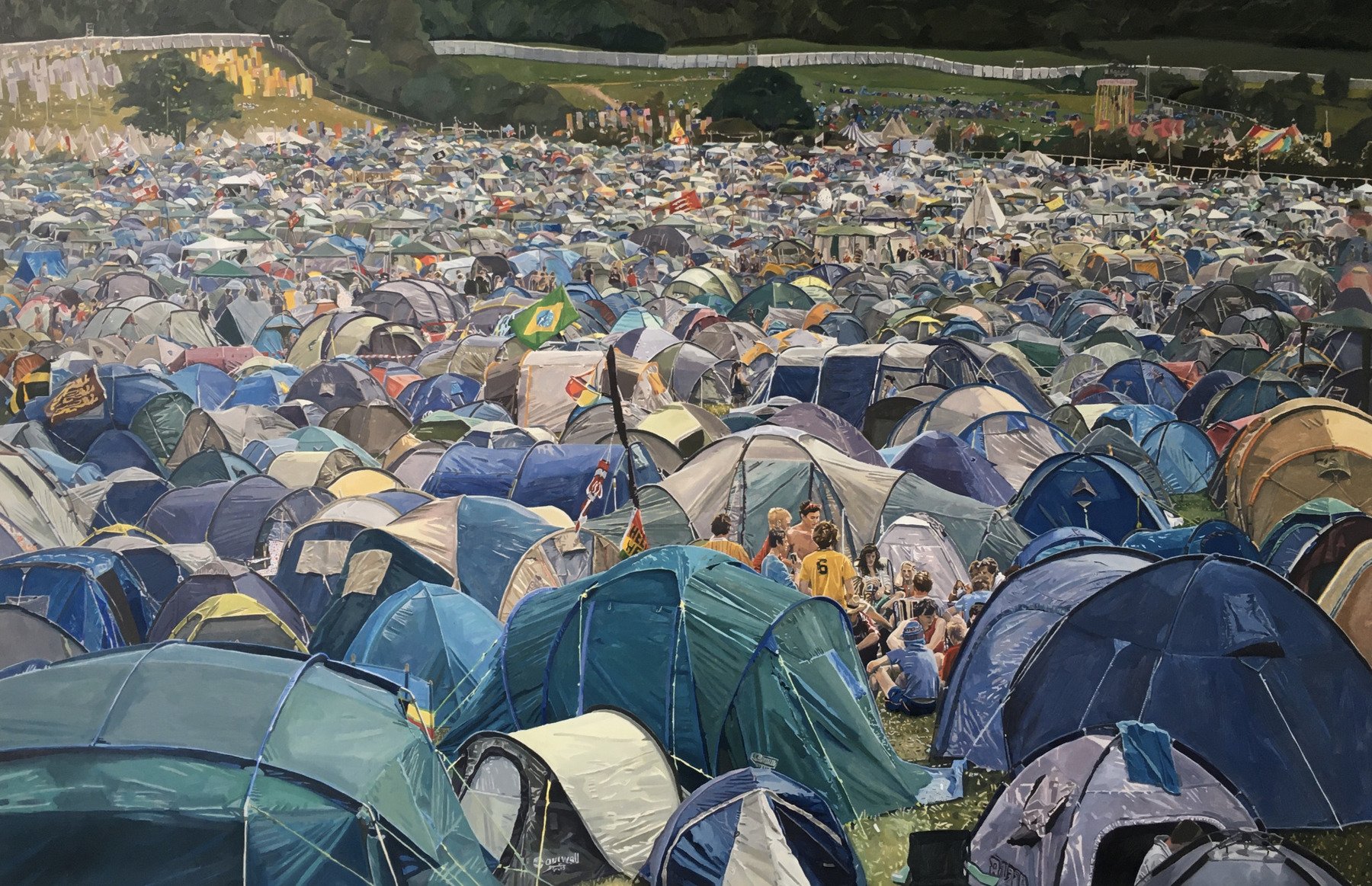
Any top tips for people who might find they are blocked - when inspiration just won't come to them?
I have experienced times of being creatively blocked and it can frighten and frustrate! With hindsight, I realise it is important to have fallow rest periods, these can be periods of real change and growth in your work.
Often blocks can come from trying to create things that are perfect, and the most freeing thing is to see everything as an experiment. Try not to judge your own work at the same time as you are making it.
If your ideas are not forthcoming, then make a stimulating environment or space for them, collect things and images that interest you, draw, try out new ways of doing things and new mediums.
What advice would you give anyone who wants to be professional artist, or pursue a career in the arts?
My advice would try and make the strongest work you can, take risks, surround yourself with people you find interesting and inspiring.
Sometimes you have to have a ‘day job’ to support yourself but this will allow you to be free creatively, reach out to others and apply for as many opportunities as you can.
Some people have the idea that art is not a 'real' job - what would you say to that?
Art can be considered like a vocation or a hobby, but it is a real profession similar to any other job.
It can be more challenging to make a living from it than other jobs, but there is far more job satisfaction, and you get to work on your own terms.
There is now a basic income scheme for artists to receive money from the government - which is so important as it recognises the value of what artists do and allows them the time and freedom to do what they are good at – making art.
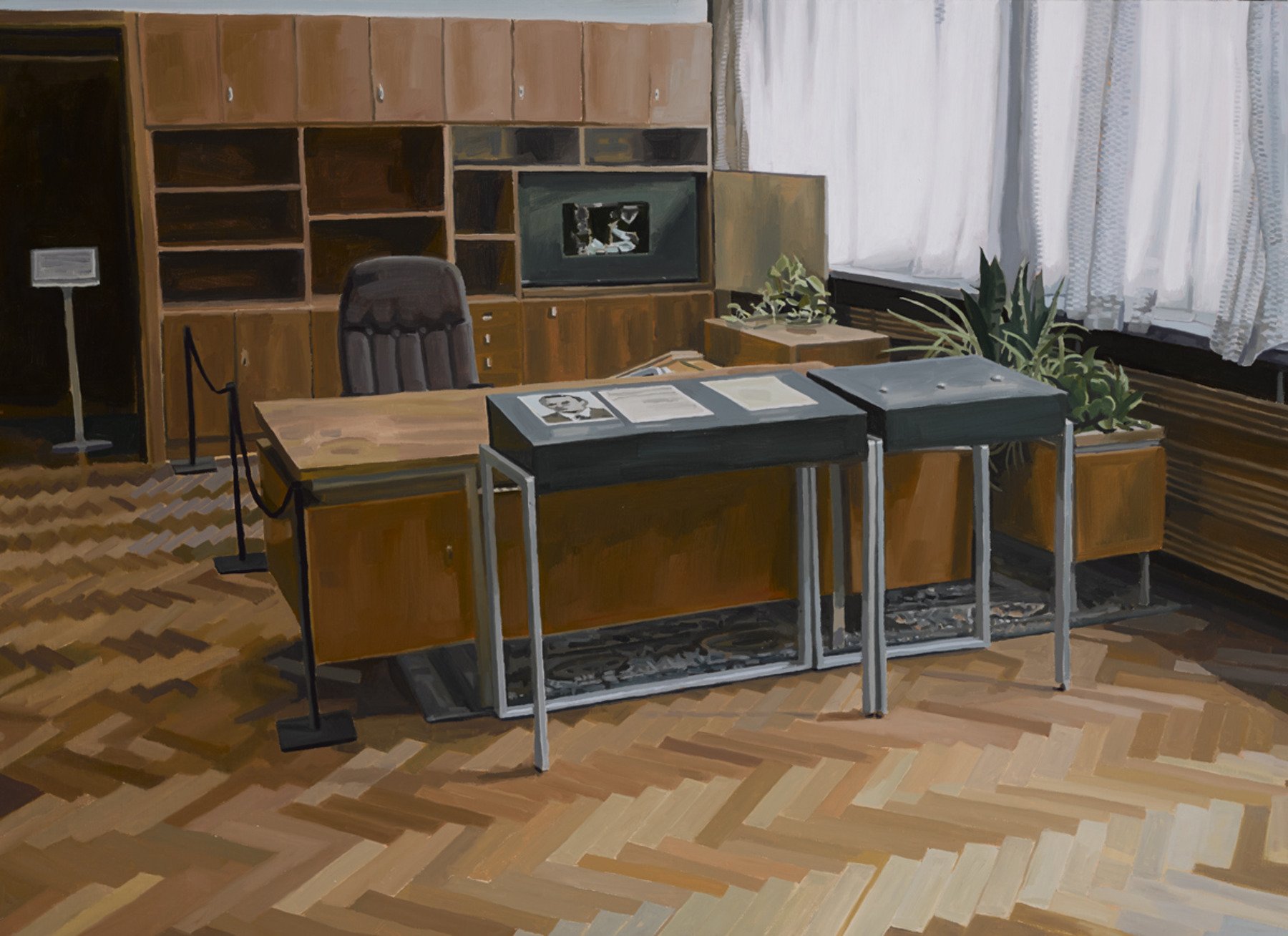
What would you say is the function of art / the role of artists?
Artists bring meaning and depth to life. Artists are people who innovate and create and make things that are new and different.
The best artists can challenge, provoke and nudge you into areas that you had not considered before. They create things that are beautiful and exciting. We live in a world where all knowledge is accessible. But artists can think critically and creatively and this is a skill that is exclusively human. Art can be a positive force for change in both people and society.
Any advice for young artists who might think their work is "no good"?
The most freeing thing for me was to stop thinking in terms of good and bad. There is whole world of colour in between those two fixed black and white points.
An artist studio is often filled with trials and tests of things that didn’t quite work out. If you reflect on these and how things could be done differently, these are often the things we learn from most. There should be no good and bad, but only process and experiment. Every artist has to be self-critical to progress.
How do you challenge yourself creatively?
I always ask myself is this something I have done before and how could I make it differently. David Bowie talks about the creative process being like swimming in the water where you are not quite out of your depth, but your feet are slightly off the seabed. It is good advice to challenge your comfort zone without becoming overwhelmed. This is often where you can surprise yourself and others.
Eben makes beautiful flamework objects from glass in his garden shed!
Lockie is a sign writer, graphic designer, lettering artist, and type expert who lives in Dublin. Sign writing and painting is an art that has been around for hundreds of years. It requires skills with lettering and layout.
Zahra's love of hanging flowers and painting them with cotton buds shows how art can be both relaxing and a way to show who you are.